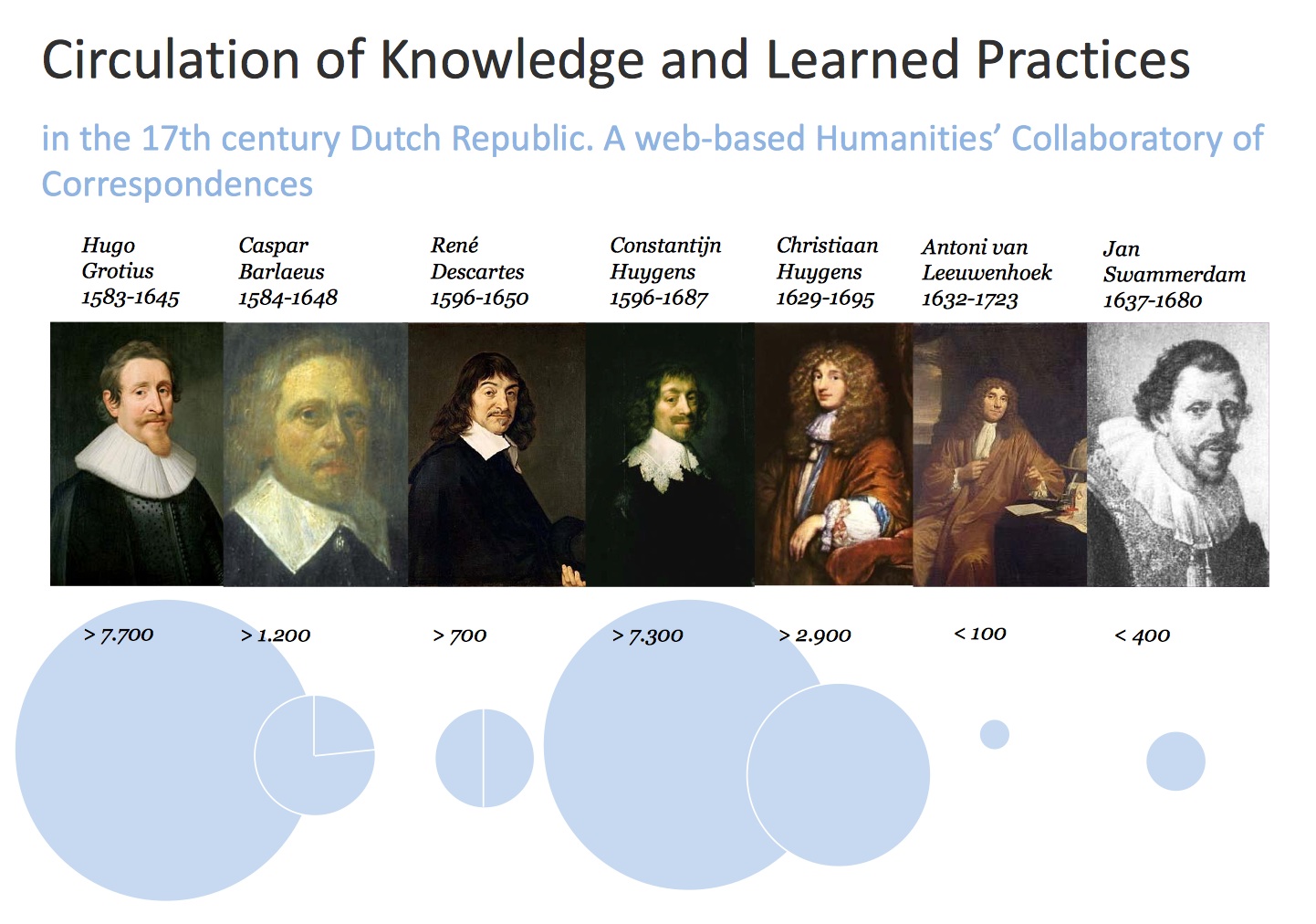TTNWW integrates and makes available existing Language Technology (LT) software components for the Dutch language that have been developed in the STEVIN and CGN projects.
The LT components are made available as web-services in a simplified
workflow system that enables researchers without much technical background to use standard LT
workflow recipes.
The web services are available in two separate domains: "Text" and "Speech" processing. The TTNWW services have been created in a Dutch and Flemish collaboration project building on the results of past Dutch and Flemish projects. The web services are partly deployed in the SURF-SARA BiG-Grid cloud or at CLARIN centres in the Netherlands and at CLARIN VL University partners.
